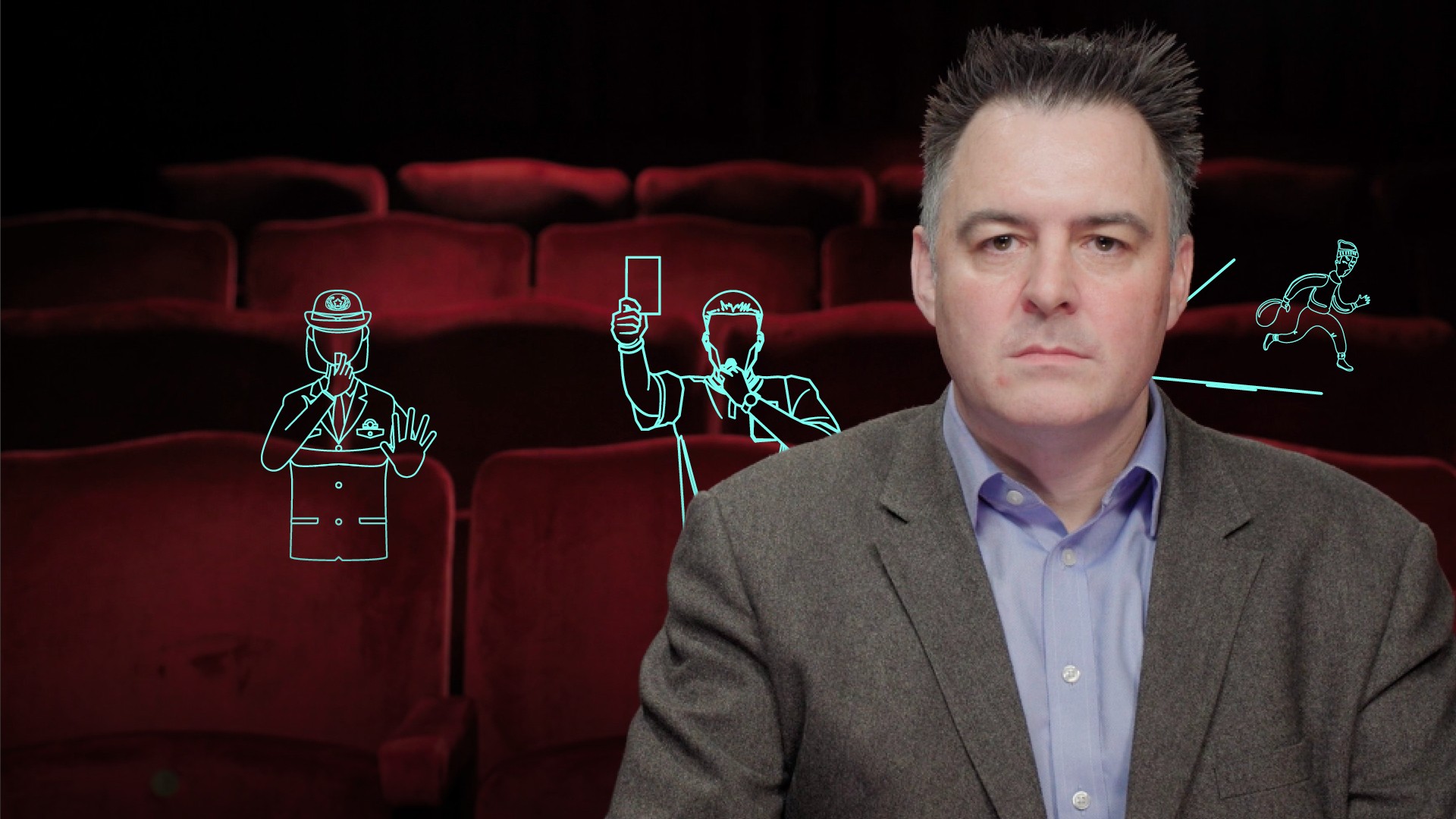
The Importance of Whistleblowing

Christian Hunt
25 years: Behavioural science & compliance
Evidence of the term ‘whistleblowing’ and the modern connotations it has today can be found as early as the 1500s in England. Encouraging openness and willingness to ‘blow the whistle’ within companies is now a key component of a healthy firm and ensures customers are treated fairly. If employees are encouraged to be open, then they can prevent incidents from happening and bad behaviour from snowballing. It is important that senior managers cease viewing whistleblowing as something negative, but rather something that can improve business performance and reduce external risk.
Evidence of the term ‘whistleblowing’ and the modern connotations it has today can be found as early as the 1500s in England. Encouraging openness and willingness to ‘blow the whistle’ within companies is now a key component of a healthy firm and ensures customers are treated fairly. If employees are encouraged to be open, then they can prevent incidents from happening and bad behaviour from snowballing. It is important that senior managers cease viewing whistleblowing as something negative, but rather something that can improve business performance and reduce external risk.

The Importance of Whistleblowing
10 mins 55 secs
Key learning objectives:
Understand the origin of the term whistleblowing
Learn what the concept of whistleblowing means today
Overview:
Evidence of the term ‘whistleblowing’ and the modern connotations it has today can be found as early as the 1500s in England. Encouraging openness and willingness to ‘blow the whistle’ within companies is now a key component of a healthy firm and ensures customers are treated fairly. If employees are encouraged to be open, then they can prevent incidents from happening and bad behaviour from snowballing. It is important that senior managers cease viewing whistleblowing as something negative, but rather something that can improve business performance and reduce external risk.
Why do we need whistleblowers?
One of the ways you can get an early warning of things that might go wrong is by listening to your employees. This isn’t just about routine processes like employee surveys or 1 on 1s. Those exercises will, of course, elicit some useful information. But also by enabling them to report things on an ongoing basis.
Why is it important to give employees the tools to report?
A good example of the importance of empowering employees to report is the Toyota car factory production line. Every single employee working on that line can pull something called an Andon cord – Andon meaning ‘paper lantern’, so using the idea of light to attract attention rather than sound. Originally the Andon cord was a physical cord, nowadays it's more likely to be a button. Pulling the cord or pushing the button allows every single worker to stop production immediately. They don’t need to ask for permission to do so. They’re trusted to have a good reason. The idea is that it is employees on the line who are most likely to spot things that are wrong. It is obviously much better to halt production, than to discover there’s a problem after you’ve made lots of cars with faults.
What relevance do the ‘Devil’s advocate’ and the ‘Court jester’ have to whistleblowing?
The ‘Devil’s advocate’ is a term that originated in 1587 and was used by Pope Sixtus the fifth to allow someone to argue against the canonisation of an individual. This is a clear example of using ‘hidden knowledge’ or ‘hidden truths’ to mitigate risk, which is similar to the role of whistleblowing. Similarly, the court jester played the role of being able to offer satirical ‘truths’ to the monarch. They had a licence to speak freely, and often knew how to communicate public opinion, which the ruling monarchs wouldn’t have access to.

Christian Hunt
There are no available Videos from "Christian Hunt"

